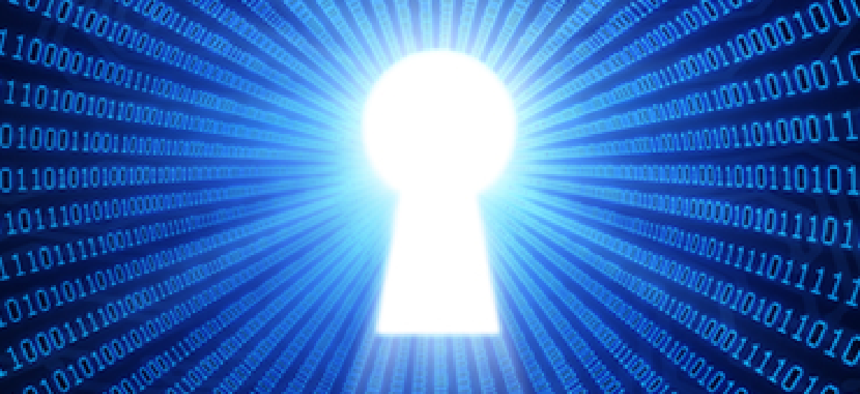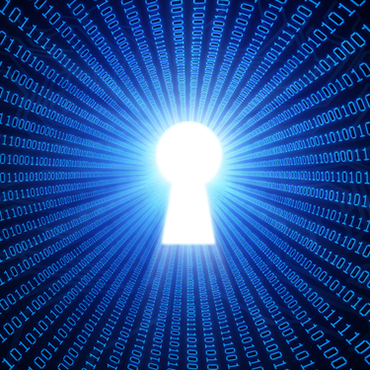Fraudsters' targets show cybersecurity success, says IRS commissioner

The breaches of IRS security tools are, in some ways, good signs, said IRS Commissioner John Koskinen, because they demonstrate that the tools are making hackers' lives harder.

"We are attacked over a million times a day," IRS Commissioner John Koskinen said, but he added that when adversaries start targeting security tools, it means those tools are doing some good.
During a speech at a March 24 National Press Club luncheon, Koskinen acknowledged that last year's breach of the Get Transcript application and this year's takedown of the IP PIN tool were troubling. But the fact that fraudsters felt compelled to attack from those angles is a success story, he said.
Scammers who lifted taxpayer data from Get Transcript by clearing the knowledge-based security barrier already had Social Security numbers and other information needed to file fraudulent tax returns. However, they wanted to get accurate income information from previous years' tax returns to make their efforts look more authentic -- which Koskinen said is a testament to the filters the IRS has installed to screen and block suspicious returns.
"They know our filters are getting more and more sophisticated at picking out the anomalies," he said.
He added that the targeting of the IP PIN system was further proof of the IRS' security prowess. Because so many compromised taxpayers have been equipped with IP PINs, scammers knew they needed those numbers to pull off fraud.
Nevertheless, the agency is still paying billions in fraudulent tax refunds each year, and the cybersecurity battle will drag on, Koskinen said.
"In some ways, [it's] like a video game," he said. "As you push it down here, it comes up over here."
The challenge is predicting what fraudsters will do next, he said, adding that the IRS has been collaborating with the tax-preparation industry since last summer to help warn preparers of hacking dangers.
Collaborating with industry could also help the IRS prevent fraud. Although the agency can filter suspicious returns, it lacks the direct line of sight into taxpayer computers that online tax-preparation companies have, Koskinen said. He added that in the future, fraud might be detected when, say, a tax-preparation firm notices one computer filing dozens of returns and alerts the IRS.
NEXT STORY: NPPD to become Cyber Infrastructure Protection


